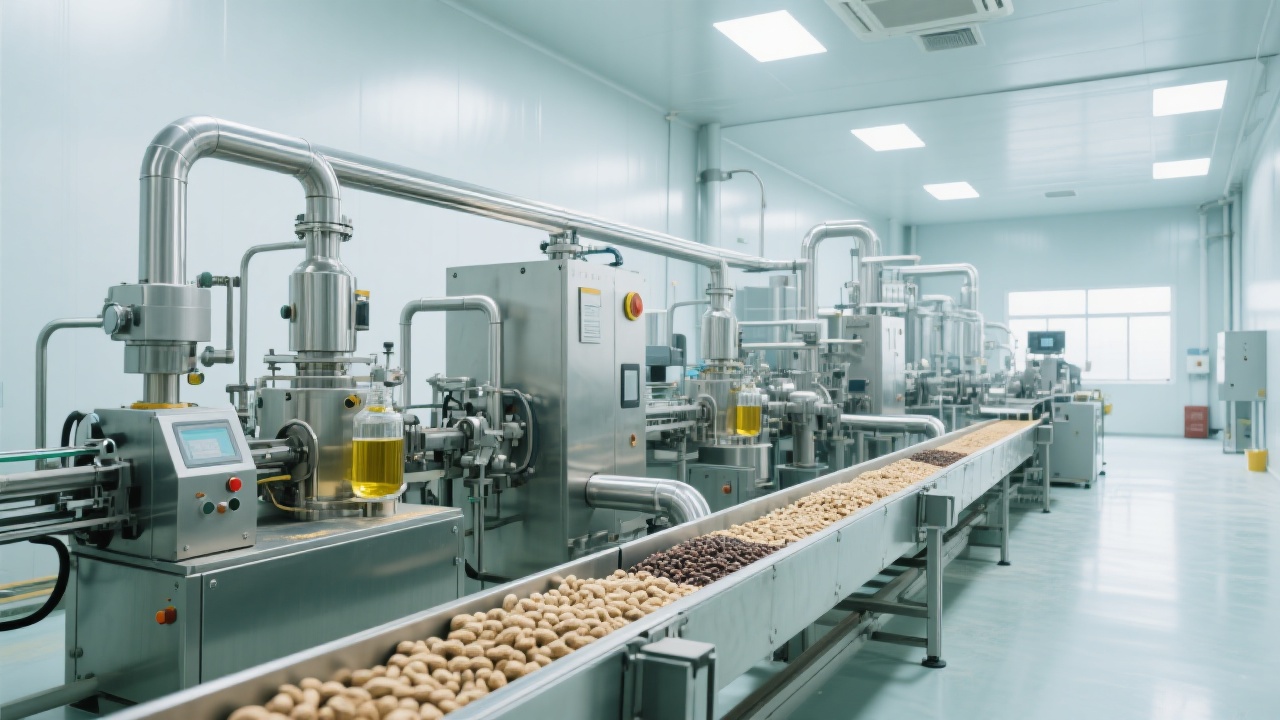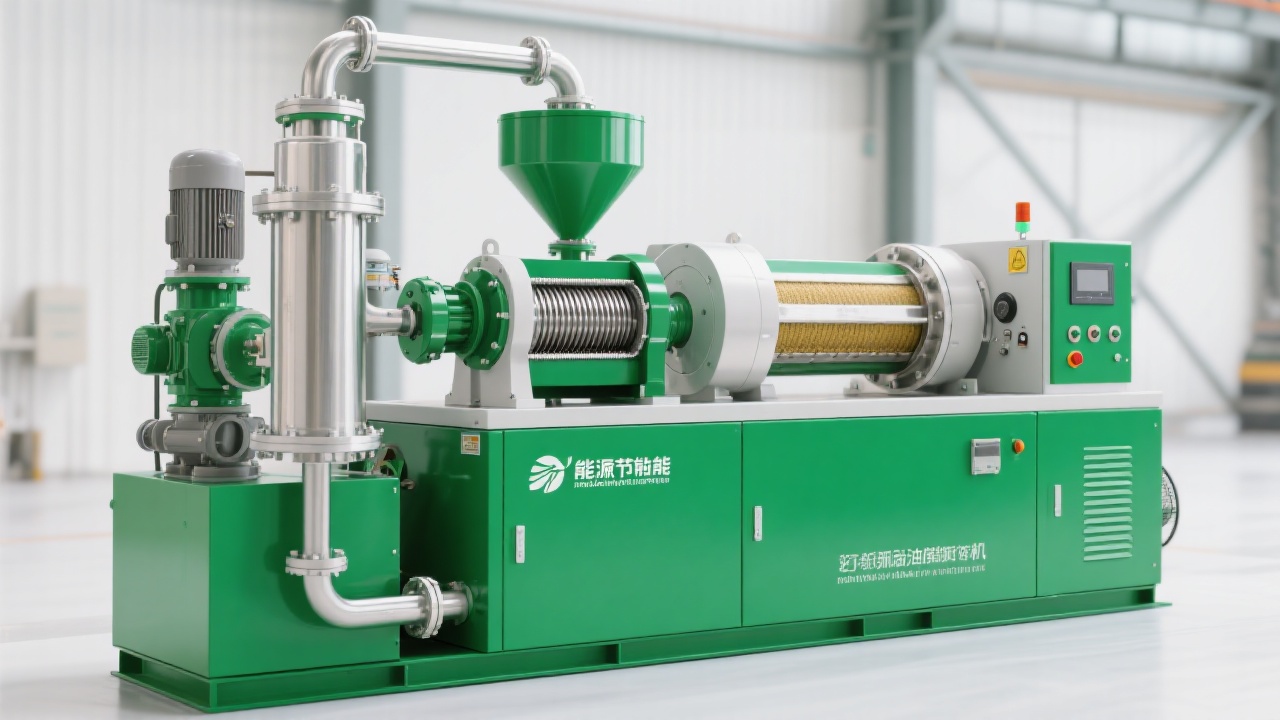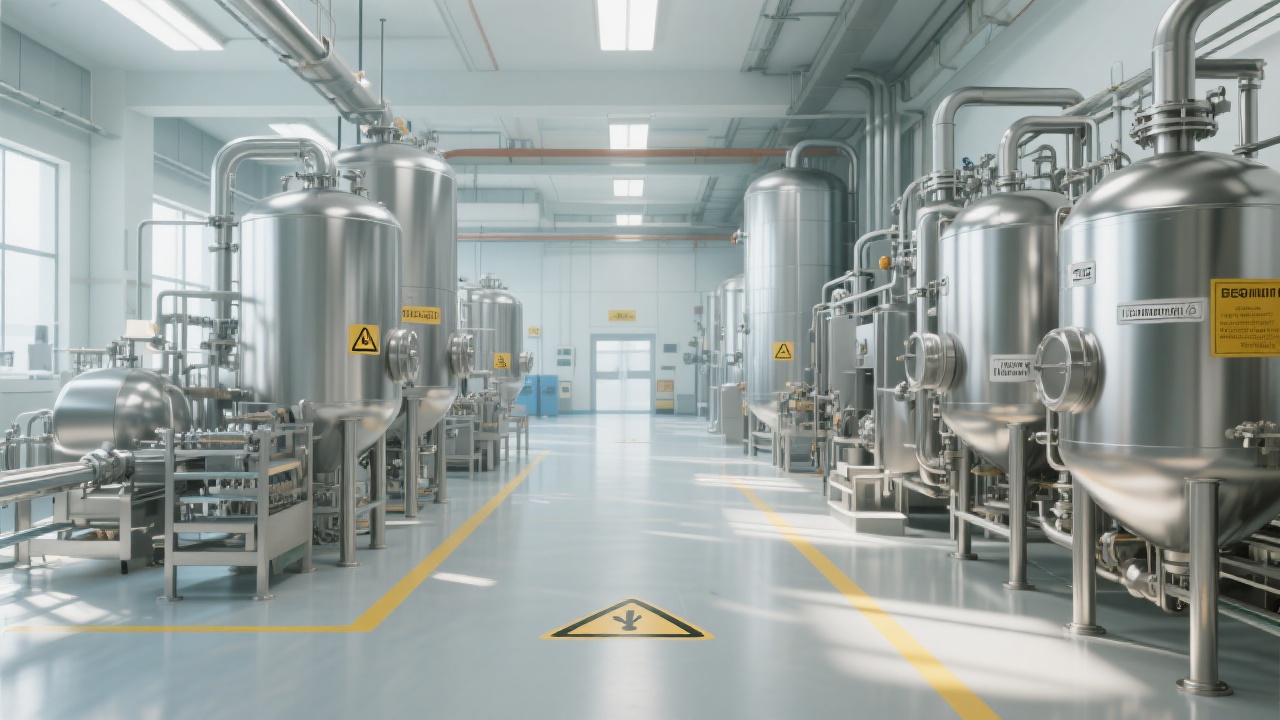
In today's global market, adhering to international environmental standards has become a crucial factor for the canola oil production industry. Green production not only meets the increasing environmental demands but also enhances the long - term sustainability of businesses. For instance, the ISO 14001 environmental management standard provides a framework for companies to manage their environmental responsibilities effectively. Canola oil production facilities that comply with such standards are more likely to gain a competitive edge in the international market.
Fully automated canola oil production lines are equipped with integrated machinery. These systems combine multiple processes such as cleaning, pressing, refining, and packaging into a single streamlined operation. This integration reduces the need for manual handling, thereby minimizing the risk of product contamination and improving overall production efficiency. Studies show that integrated production lines can increase production capacity by up to 30% compared to traditional non - integrated systems.

Energy consumption is a significant cost factor in canola oil production. Modern automated lines are designed with high - efficiency motors and advanced heat recovery systems. On average, these energy - efficient lines can reduce energy consumption by 20 - 30% compared to older models. For example, some systems use waste heat from the refining process to pre - heat the raw materials, which not only saves energy but also reduces the overall carbon footprint of the production.
Advanced control systems are at the heart of fully automated canola oil production lines. These systems use sensors and software to monitor and adjust every aspect of the production process in real - time. This ensures consistent product quality and allows for quick responses to any production issues. For instance, if the oil's acidity level exceeds the set standard, the control system can automatically adjust the refining process parameters.
High - quality canola oil production equipment is designed to preserve the nutritional value of the oil. Gentle pressing and refining processes help retain essential fatty acids and vitamins in the canola oil. At the same time, these processes are optimized to minimize waste and emissions. For example, modern refining techniques can reduce the amount of wastewater generated by up to 40%, which is in line with strict environmental protection requirements.

When purchasing canola oil production equipment, companies should consider factors such as equipment reliability, ease of operation, and maintenance costs. Equipment with a high reliability rate can reduce downtime and increase production efficiency. Additionally, low - maintenance equipment can save significant costs in the long run. It is also important to ensure that the equipment meets relevant international environmental standards.
The market for canola oil production equipment is witnessing a trend towards more intelligent and environmentally - friendly solutions. There is an increasing demand for equipment that can be integrated with smart factory systems for better production management. Moreover, consumers are more likely to choose canola oil products from companies that are committed to green production, which further drives the market demand for eco - friendly equipment.
Several large - scale canola oil processing enterprises have successfully implemented fully automated and environmentally - friendly production lines. For example, a company in Europe was able to reduce its carbon emissions by 25% after upgrading its production line. This not only helped the company meet strict European environmental regulations but also improved its brand image in the market, leading to an increase in market share.

Investing in fully automated canola oil production lines that meet international environmental standards is a strategic decision for B2B enterprises. These lines offer high efficiency, environmental protection, and excellent customer support. They can significantly enhance production efficiency, maintain product quality, and improve brand value. By choosing the right equipment, companies can achieve sustainable development and gain a strong foothold in the global market.
Discover the Best Canola Oil Production Equipment for Your Business Now!


